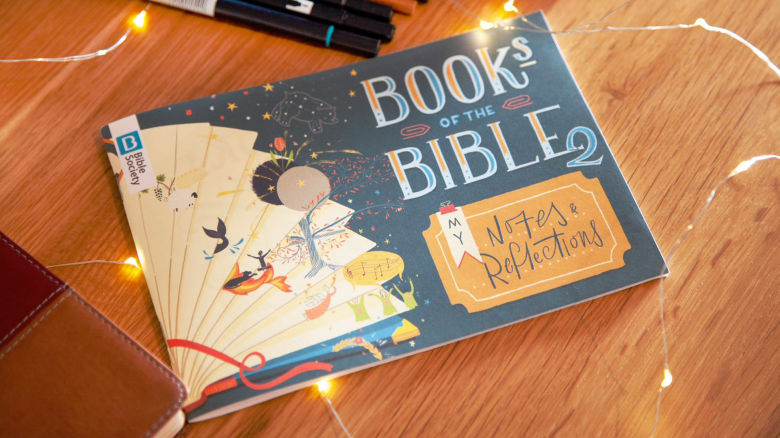Micah prophesied at a similar time to the prophets Isaiah, Amos and Hosea. Whereas Hosea and Amos were active in the northern kingdom of Israel, Micah and Isaiah prophesied in the southern kingdom of Judah, though their messages were addressed to both nations. Like the other three, Micah condemned the attitude of the wealthy, particularly the way in which they oppressed the poor with their actions.
1In days to come the mountain of the Lord's house shall be established as the highest of the mountains, and shall be raised up above the hills. Peoples shall stream to it, 2and many nations shall come and say: 'Come, let us go up to the mountain of the Lord, to the house of the God of Jacob; that he may teach us his ways and that we may walk in his paths.' For out of Zion shall go forth instruction, and the word of the Lord from Jerusalem. (Micah 4.1–2)
But you, O Bethlehem of Ephrathah, who are one of the little clans of Judah, from you shall come forth for me one who is to rule in Israel, whose origin is from of old, from ancient days. (Micah 5.2)
He has told you, O mortal, what is good; and what does the Lord require of you but to do justice, and to love kindness, and to walk humbly with your God? (Micah 6.8)
As often with these kinds of books the trickiest feature is working out how to respond to the reports of God’s anger and judgement.
The prophet Micah probably spoke most of the words contained in this book. Some think that an exception to this are the messages of comfort to people after a disaster, which may have been added later.
Micah was a prophet who came from Moresheth in south-west Judah and prophesied in Jerusalem between around 737-696 BC.
Most of the eighth century BC had been a time of great peace and prosperity. By the end of it, however, it is thought that this prosperity was beginning tail off. This might explain the problem of oppression that we see in the book of Micah. When there is less wealth than there has been, it is often the case that the rich hold on to this at the expense of the poor.
The book of Micah suggests that the rich were feeling complacent and the poor desperate.
Isaiah, Hosea, Amos
Prophecy. The unusual feature of Micah is that its subject matter changes abruptly from judgement to hope and back again. This makes it quite hard to read in one go.
1.1–2.11 The looming disaster for both Israel and Judah
2.12.13 A short word of hope
3.1–12 Messages of condemnation against corrupt leaders
4.1–5.15 Mixed messages but with a strong strand of hope
6.1–7.7 God’s lawsuit against Israel
7.8–20 A liturgy of repentance
There will be lots of names you will not know; don’t worry if you can’t place them all. The key ones are given below.
Moresheth, Samaria, Lachish, Ephrathah, Assyria, Babylon, Bashan, Gath, Gilgal, Jerusalem, Judah, Moab, Mount Zion, Shittim, Southern Kingdom
Balaam, Balak, Hezekiah, Omri
Idols, threshing floor
Micah criticises both Israel and Judah almost equally. Keep an eye open for the criticism and see whether you think that the two nations sin in the same way as each other.
Look out for what Micah’s major criticisms of the leaders were and ask yourself whether today’s leaders risk the same critique.
A theme of the book is being God’s chosen people. This seems to come with expectations – look out for what these are as you read.
What do you think living justly means in practice?

Here are 8 handy tips to get your book club up and running.

Here are some ideas to get you started.

7 top tips for reading the Bible
The Bible can seem overwhelming, boring and difficult, but a few basic tips can help you understand it more. Try these…
Books of the Bible journal: 2nd Edition
Journey through the Bible, one book at a time, with the 2nd edition of our Books of the Bible journal.
